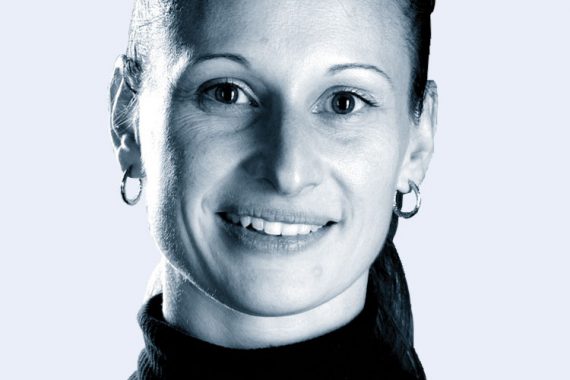GP abuse by secondary care needs to stop

I was working in the dark both literally and metaphorically, feeling a familiar mix of empathy, with mounting frustration and anger. This was yet another unacceptable incidence of GP abuse. I sat on the edge of my patient’s bed listening to her account of the conversation with the discharging hospital doctor – an account that I half expected to conclude ‘And they said my GP would bring about world peace’.
This is about safe patient care
‘They told me at the hospital last night to get you to visit me today. I have a headache. They said that they weren’t happy with my head scan and you’ll have to refer me. I don’t know what was wrong but they said that you’ll have the report. They didn’t give me anything to help because the hospital don’t give out medicines overnight. They said you would do that.’
I had been pulled away from my busy practice to carry out tasks that could have been done more effectively and efficiently by my hospital colleagues who, unlike me, had access to key results. In order to manage my patient safely, I was going to have to repeat the assessment that had been carried out by my hospital colleagues a few hours before and then play the ‘urgently obtaining clinical information from a hospital’ game. This game has the dual purpose of checking the phone lines in the hospital through its numerous rounds of being putting on hold and redirected. Sadly, it invariably culminates in my head banging against my desk as a consultant’s secretary’s recorded voice informs me of his/her very limited working hours and invites me to leave a message.
Thankfully, the interface between hospital and secondary care is highlighted in the GP Forward View, and I’m delighted that hospitals are being urged to ’fully implement new requirements in a robust and timely way’. These requirements include sending discharge summaries electronically within 24 hours for A&E attendances, allowing secondary care doctors to refer within the same hospital, supplying patients with medication following discharge, and notifying patients of results of clinical investigations.
Trusts have been informed that this will save about 13.5 million unnecessary GP appointments a year, thereby alleviating pressure on hospitals. I remain unconvinced that this will be sufficient incentive for debt-ridden hospitals to stop the effortless workload shift and invest in communication with GPs. These national measures must be followed by appropriate standards that are more meaningful than ‘robust and timely’. GPs should report incidences of breach of the requirements and both hospital and commissioners must be held to account for delivering these requirements.
Despite the obsession with A&E waiting times, this is not just about liberating appointments to relieve pressure on hospitals. This is much more far-reaching. This is about safe patient care, understanding the immense pressure in general practice and valuing the role of a GP. GPs are leaving the profession, practices are closing. What more does it take to demonstrate that general practice is at breaking point? GP abuse needs to stop.
Dr Lisa Harrod-Rothwell is a GP in Essex and former chair of a local CCG
Pulse October survey
Take our July 2025 survey to potentially win £1.000 worth of tokens










